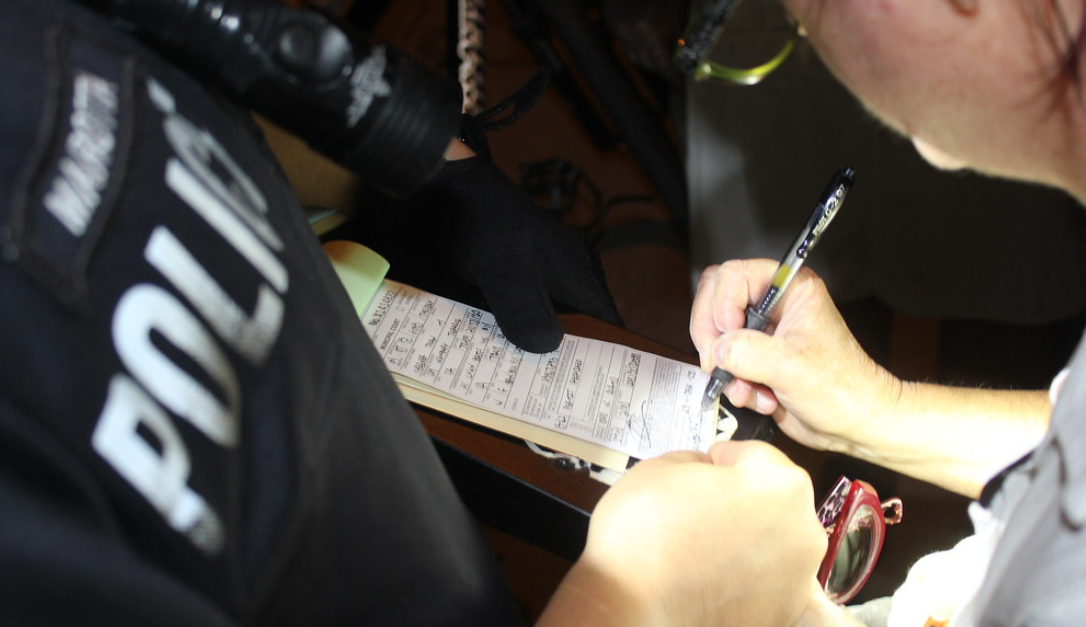For USA TODAY Opinion, FFJC’s Lisa Foster and FFJC Advisory Board member Miriam Krinsky argue that prosecutors can improve criminal justice fairness and eliminate perverse incentives by changing their fines and fees practices and advocating for policy changes.
You can read the piece here. Related: Fines, Fees, and the Poverty Penalty (Recommendations for prosecutors)
***
Eliminate court fines and fees that penalize poverty
Prosecutors have the power to alleviate financial burdens, help the poor more easily access constitutional rights. The newly elected should exercise it.
Americans owe billions in unpaid court debt.
And while the new year is a chance for optimism and a fresh start, for millions of Americans 2019 will only bring continued despair as they struggle under the monetary weight of the justice system.
Over the past eight years, virtually every state has increased the cost of fines and fees within the justice system. And for many jurisdictions, money collected through court-assessed debt plays a major role in keeping government in business.
Financial penalties are imposed not only for felony and misdemeanor offenses, but also for minor traffic and municipal code violations. In 43 states, defendants are charged for public defender-related fees, causing many to waive this critical constitutional right. And in most states, fines and fees are even assessed against youth for minor infractions such as skipping school — leaving parents, guardians and, in some cases, the youth themselves with added financial burdens and the threat of incarceration.
Fortunately, 2019 also brings newly elected prosecutors who are rethinking justice. These new leaders recognize the unfairness and inherent conflicts in relying on penalizing poor people to fund the justice system and are working with their communities on reform.
Penalties perpetuate incarceration
For people who cannot afford to immediately pay fines and fees, the consequences are harsh. Interest charges and collection fees are typically imposed, and several jurisdictions even charge fees to set up payment plans. People are forced to return to court repeatedly to make payments on their debt or explain why they have not been able to pay the amount in full.
In 17 states, voting rights are restricted until all debts are paid. And in more than 40 states, if you can’t afford to pay the fines and fees imposed, your driver’s license is suspended. People need to drive to get to work and to take their children to school or a family member to the doctor. But driving on a suspended license can bring additional criminal charges, further monetary penalties and, in the worst cases, incarceration. The system is rigged against those who struggle most and offers no solutions.
Fines and fees are highly regressive and disproportionately impact low-income communities of color — serving mainly to perpetuate cycles of debt and incarceration. This troubling starting point reflects ever deeper systemic problems.
Many jurisdictions raise substantial revenue from fines and fees, creating perverse incentives that depend on people committing crime to fund government. For example, North Hills, New York, a village on Long Island, derives 25 percent of its revenue from fines and fees.
This framework diverts critical law enforcement resources from the job of solving serious crimes to the task of hunting down people and using scarce resources to collect revenue.
Find fine alternatives
There are jurisdictions and prosecutors working toward better options.
In Durham County, North Carolina, newly elected District Attorney Satana Deberry, who begins her term this month, advocated for a misdemeanor citation system during her campaign to divert more people from court and its associated fees.
In Chicago, the Illinois attorney’s office has avoided placing financial burdens on those who come in contact with the justice system by not charging a fee for diversion programs that offer an alternative to jail time. That policy opens alternatives to those who may benefit the most.
And in Tampa and Jacksonville, Florida, state attorneys Andrew Warren and Melissa Nelson have created programs to restore driving privileges and eliminate prosecutions for driving with suspended licenses.
Prosecutors have a key role to play in ending the poverty trap of fines and fees and should speak out about the injustices those costs cause. They should advocate aggressively for assessing fines and fees on a sliding scale, ending driver’s license suspensions for unpaid fines and fees, and eliminating fines and fees for children and young people. Prosecutors should also find alternative mechanisms to fund courts fully and fairly.
These are just a few steps prosecutors can take to lead with compassion and ensure justice is served in 2019.
Let’s hope that a new year will bring a new, more compassionate and more sensible way of approaching these and other issues of great importance to our justice system.
Miriam Krinsky is a former federal prosecutor and the executive director of Fair and Just Prosecution, a national network of elected prosecutors committed to new thinking and innovation. Her organization co-authored 21 Principles for the 21st Century Prosecutor.
Lisa Foster is a retired California Superior Court judge, the former director of the Office for Access to Justice at the Department of Justice and co-director of the Fines and Fees Justice Center.
